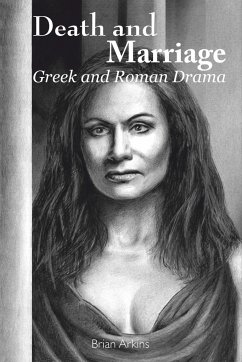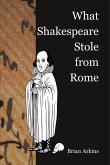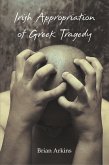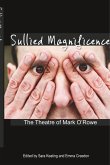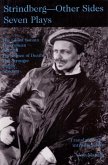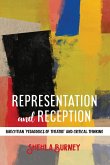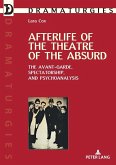This book aims to provide a comprehensive, but succinct analysis of the tragedies and comedies written by Greek and Roman dramatists. The book is comprehensive in the ways it deals not just with Greek tragedy of the fifth century BCE, but also with Seneca's tragedies of the first century CE. The book also deals with two types of Greek comedy: the comedy of ideas in Aristophanes, and the later social comedy of Menander, this being appropriated in Rome by the comic dramatists Plautus and Terence. The tragedies and comedies of fifth century Athens do not endorse the official ideology of the city. They raise questions about the position of women, the never ending war with Sparta, the nature of religious belief. Crucial here is the depiction by Euripides and by Sophocles of powerful women characters, female intruders who disrupt the male world: Medea, Antigone, Electra, Lysistrata. Comic drama usually concludes on a positive note: with marriage, with plenty of food and drink.
Bitte wählen Sie Ihr Anliegen aus.
Rechnungen
Retourenschein anfordern
Bestellstatus
Storno

